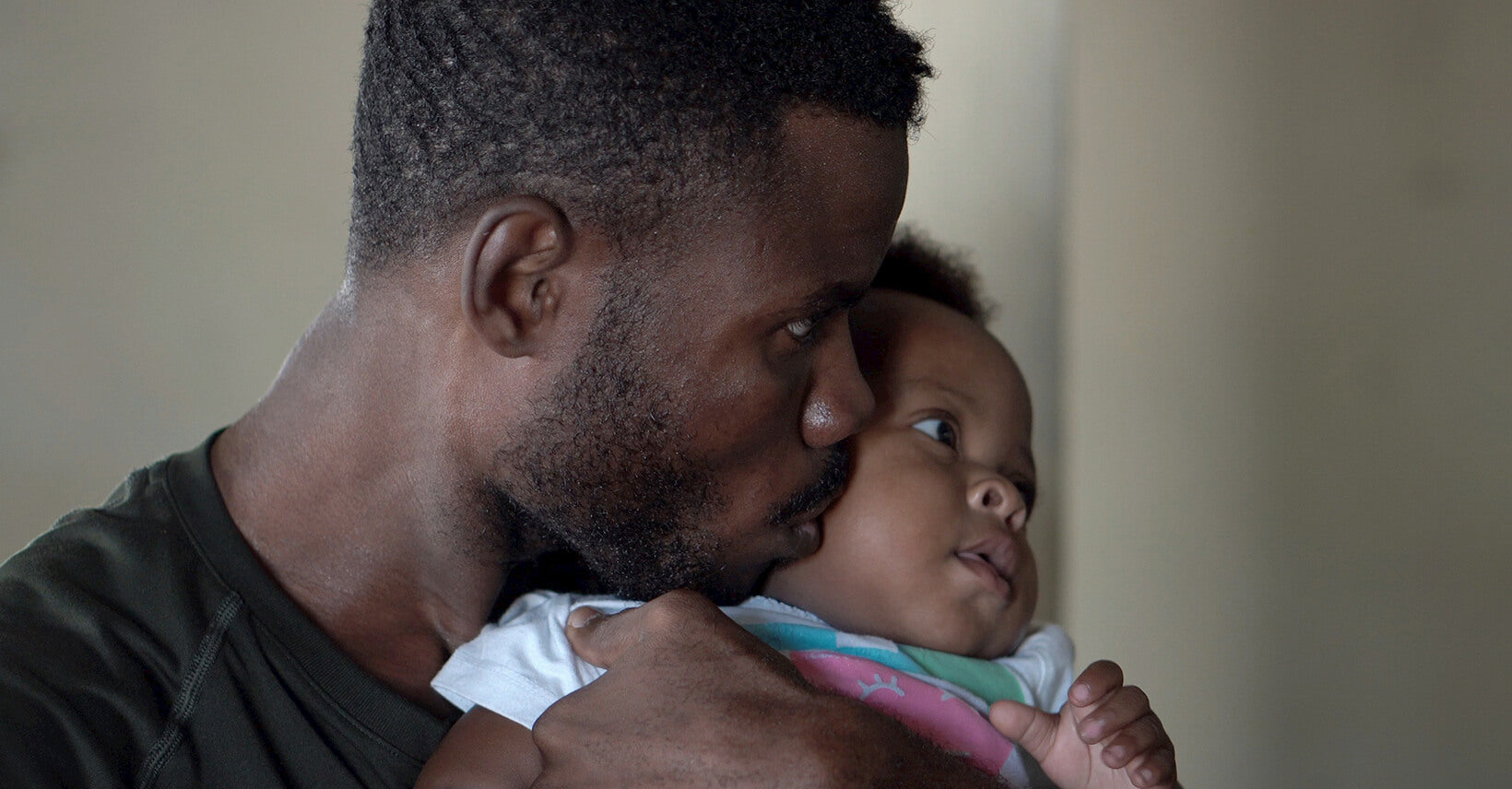
When do Babies Start Teething?
Every parent wonders about it - those little pearly whites that will soon emerge from smiling baby gums. Teething is an important milestone in an infant's development, yet it can also cause discomfort during those initial eruptions. In this blog, Kaiya Baby will explore the most common signs that tooth buds are starting to press through, typical ages when babies might first feel their teeth breaking skin, how early or late teething can occur, whether it usually brings pain, and gentle approaches to soothing any upset tummies or troubled sleep. We'll answer your questions about how soon the shedding process might commence, normal timelines, and effective natural remedies for easing those initial teethe. By understanding what to expect, you can better support your little one through this transitional phase of sprouting choppers. Let's dive in to demystify that first tooth breakthrough.
What are some common signs that a baby is teething?
Increased drooling - Babies often produce more saliva as their gums tingle and ache from emerging teeth. They may have spit up or drool pooling in their mouth.

Gum rubbing/gnawing - Babies instinctively want to soothe their gums and will often rub, gnaw, or chew on their fists, toys, or other objects to alleviate discomfort.
General fussiness - Teething can be painful for infants and make them more irritable, cranky, and prone to crying more than usual.
Trouble sleeping - Pain from teething may disrupt sleep and cause frequent waking. Babies may wake easily or sleep less.
Low-grade fever - In some cases, teething causes a slight elevation in body temperature under 100°F/38°C due to inflammation in the gums.
Loss of appetite - Eating may irritate sore gums, so some babies nurse or bottle feed less when teething.
Red, swollen or puffy gums - Parents can often see redness, tender swelling or bumps at the gumline where new teeth are pushing through.
Increased chewing and mouthing of fists/toys - Chewing feels good on aching gums and helps relieve some pressure.
When do babies usually start teething?
The average age for teething to begin is around 6 months. However, it is completely normal for teething to start anywhere between 4-7 months of age.
Sometimes babies may start teething as early as 3 months, though this is less common. On the other end of the spectrum, teething may also begin as late as 10-12 months in rare cases.
Most babies get their bottom front teeth (central incisors) first. These are usually the first teeth to emerge through the gums.
After the bottom central incisors, babies typically begin teething their top front incisors next. These usually pop through within a few weeks to a month of the bottom ones.
Teeth typically come in pairs, so if one bottom tooth appears, its counterpart on the other side often follows within 1-2 weeks.
By about 7-10 months, many babies have 2-4 teeth total - usually their bottom and top central incisors.
The teething process continues in stages, with most infants getting their full set of 20 primary ("baby") teeth by around age 3.
Later teething milestones include molars coming in around 12-16 months and canines/eye teeth emerging anywhere from 16-24 months.
So in summary, the most common window is 4-7 months, though individual variation exists. Front bottom teeth are usually first, followed by their tops and emergence in pairs on each side.
How soon can a baby start teething?
In rare cases, some babies may show very early signs of teething as young as 3 months old. This is considered premature teething.
More commonly, the first signs like increased drooling or rubbing/gnawing of fists may begin around 4 months of age.
Most dental experts consider 5-6 months to be the earliest normal timeframe for teething to truly commence.
By 6 months, over half of all babies will have some observable teething symptoms as their first teeth work their way through the gums.
While early teething before 6 months is unusual, it's usually not a cause for serious concern on its own.
Babies have all 20 of their primary/baby teeth buds formed in the gums even at birth, so teeth are developing earlier than signs surface.
Boys tend to teeth slightly earlier on average than girls, by about 1-2 weeks.
However, all babies are different and some don't show teething signs until 7 months or later, which is also perfectly normal.
While 3-4 months is very precocious, most experts agree 5-6 months represents the earliest typical window when babies may start the teething process. Individual teething timelines vary greatly after this point.
Is teething usually a painful process for babies?
For most babies, teething is generally not severely painful. Discomfort levels differ between each child.
Babies may exhibit some fussiness, irritability, difficulty sleeping, or mild signs of pain, but true severe pain from teething alone is uncommon.

Factors like rate of eruption, spacing of teeth, nutritional status can impact discomfort levels during teething.
Front teeth tend to be less painful than molars, which have a wider eruption path through the gums.
Signs of pain may include excessive crying, rubbing/gnawing, not eating, or waking frequently during sleep.
Teething rings and other natural methods are usually enough to relieve mild pain. Medicines are rarely needed.
Teething pain is usually temporary, as it reflects the gum's response to a tooth emerging, not the tooth itself.
On rare occasions, a baby may experience painful infection of the gums around a new tooth. This requires medical assessment.
Some irritability is normal, but true severe or prolonged pain specifically from teething alone is unusual for most babies. But parenting strategies can help alleviate any minor discomfort they may feel.
How can I relieve my baby’s teething pain?
Here are some detailed ways to relieve baby's teething pain, covering home remedies and medical treatment:
Home remedies
Teething rings/toys - Keep in the fridge for soothing relief from chewing. Look for BPA-free silicone varieties.
Cold spoon/washcloth - Gently rub the cold item on their gums for temporary pain relief.
Teething gel - Natural gels containing ingredients like chamomile or ginger can be massaged onto gums.
Chewable snacks - Firm foods like chilled carrots or frozen banana pieces feel good to chew on.

Massage gums gently - Use clean finger to gently massage sore gums, which may increase blood flow.
Cold compress - Use a clean, wet washcloth that's been chilled in the fridge against cheek near sore gums.
Medical treatment
Oral pain reliever - Consult pediatrician about options like acetaminophen or ibuprofen for any signs of more severe pain.
Anesthetic gel - A gel containing benzocaine numbs pain temporarily if home methods aren't enough.
Teething necklace - Some contain chilled gems thought to relieve pain, but effectiveness is unclear. Only use breakaway varieties.
Antibiotics - If teething pain is associated with infection like low-grade fever or swollen lymph nodes, antibiotics may be needed.
Dentist visit - See the dentist right away if ulcerations form in the mouth or baby is in prolonged, severe pain from teething.
Combining home remedies, good oral hygiene and medical attention if needed can help ease any teething discomfort.
Conclusion
We hope this blog helped demystify the teething process and empower you with knowledge as those little pearly whites emerge in your smiling baby. While each child's timelines may differ, understanding normal ranges and common signs can reassure parents that their baby's progress is healthy and developmentally appropriate. Don't hesitate to consult your pediatrician if you have concerns, as they can evaluate for any underlying issues. For now, keep using gentle home remedies to ease discomfort during this milestone. With patience and TLC, your little one will soon sprout a full set of choppers to take those first bites with. You've got this, parent - your baby's first tooth breakthrough is just around the corner!

Yujia Shi
An expert in sleep sack design, is a valued contributor to Kaiya Baby's blog. With a strong background in baby sleep bags and maternal care, she is highly regarded for her professionalism. Yujia Shi prioritizes baby comfort and safety in her designs, using high-quality materials. Her insightful articles on sleep bags have been featured in reputable publications and have gained a significant readership. Trust Yujia Shi to help you create a comfortable and safe sleep environment for your baby, backed by her proven track record in the industry.



Leave a comment
This site is protected by reCAPTCHA and the Google Privacy Policy and Terms of Service apply.